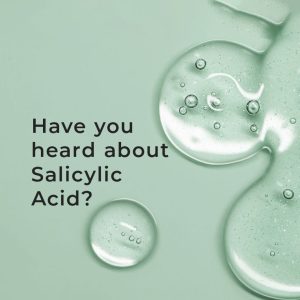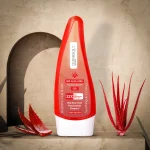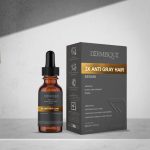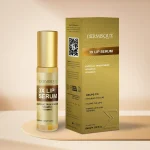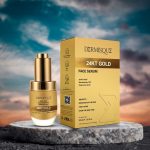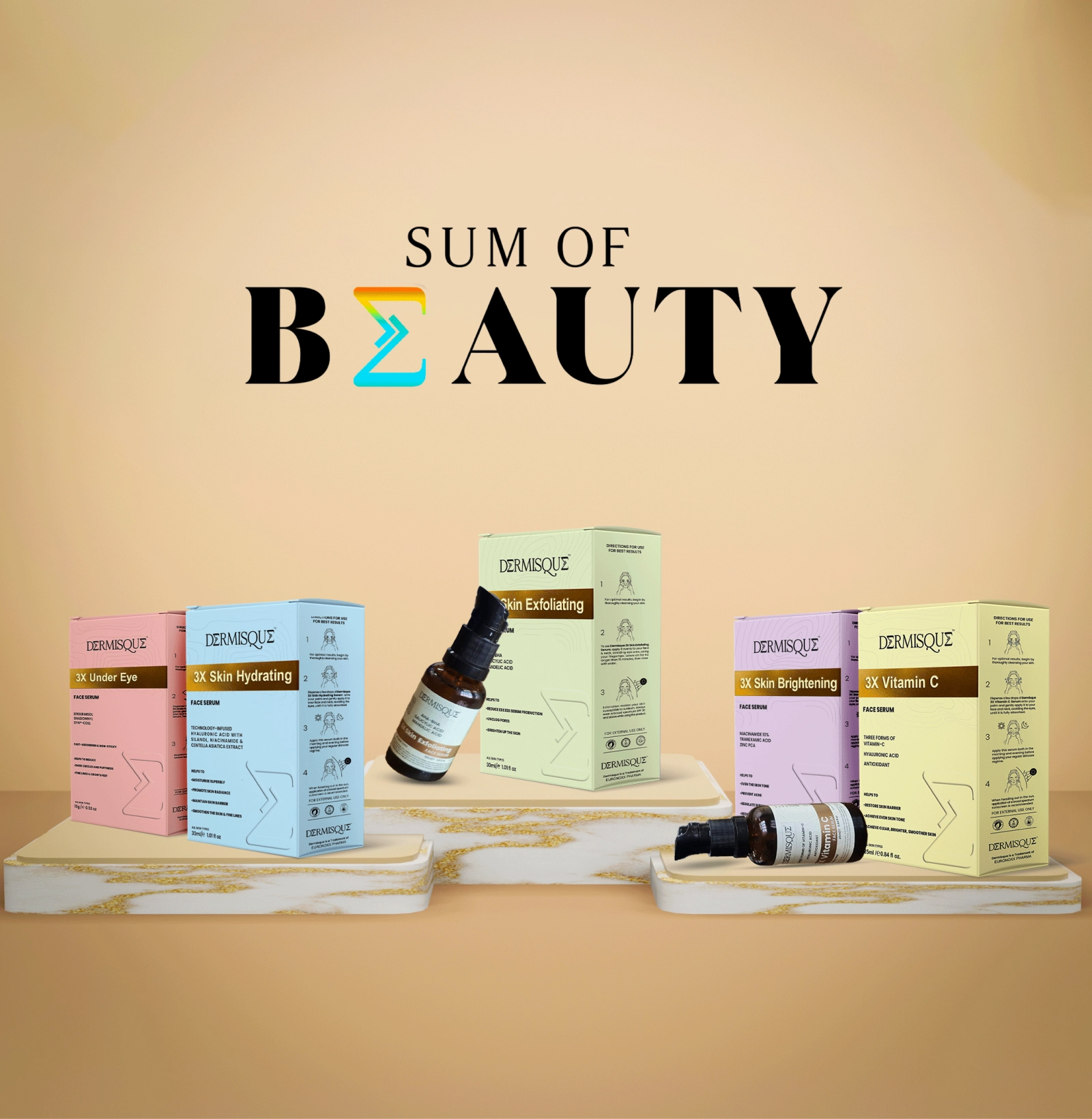
Blog
Understanding the Connection Between Diet and Skin Health
- By admin on
- August 27, 2024
In the quest for flawless skin, many people turn to topical treatments and skincare products. However, what we put into our bodies can be just as important as what we apply to our skin. The connection between diet and skin health is profound, influencing everything from acne to aging. This blog will explore how different nutrients impact the skin, foods to include for a radiant complexion, and dietary habits to avoid for better skin health.
The Role of Nutrients in Skin Health
- Antioxidants: Antioxidants are compounds that protect the skin from damage caused by free radicals, which are unstable molecules that can cause cellular damage. Vitamins C and E are powerful antioxidants that help to protect and repair the skin. Vitamin C, found in citrus fruits, strawberries, and bell peppers, helps in collagen synthesis, maintaining skin elasticity, and reducing the appearance of wrinkles. Vitamin E, present in nuts, seeds, and green leafy vegetables, provides anti-inflammatory benefits and helps in skin healing and regeneration.
- Omega-3 Fatty Acids: Omega-3 fatty acids are essential fats that have anti-inflammatory properties. They help to maintain the skin’s lipid barrier, which keeps the skin hydrated and plump. Foods rich in omega-3 fatty acids include fatty fish like salmon and mackerel, flaxseeds, chia seeds, and walnuts. Including these in your diet can help reduce skin dryness and inflammation, contributing to a smoother and more even skin tone.
- Vitamin A: Vitamin A plays a crucial role in skin repair and maintenance. It helps to normalize skin cell production and prevent dead skin cells from clogging pores. Retinoids, derived from vitamin A, are commonly used in anti-aging and acne treatments. You can find vitamin A in foods like sweet potatoes, carrots, and dark leafy greens.
- Zinc: Zinc is a mineral that is vital for skin health, particularly for its role in regulating oil production and reducing inflammation. It can also help in the healing of skin lesions. Foods high in zinc include meat, shellfish, legumes, seeds, and nuts.
- Probiotics: Probiotics are beneficial bacteria that promote a healthy gut microbiome, which in turn can have a positive impact on the skin. A healthy gut can reduce inflammation and improve skin conditions like acne and eczema. Probiotic-rich foods include yogurt, kefir, sauerkraut, and other fermented foods.
Foods for Radiant Skin
- Fruits and Vegetables: A diet rich in colorful fruits and vegetables provides essential vitamins and antioxidants that protect and nourish the skin. Berries, oranges, spinach, and kale are particularly beneficial.
- Healthy Fats: Incorporating healthy fats from avocados, olive oil, and nuts can help maintain the skin’s moisture barrier, keeping it hydrated and supple.
- Green Tea: Green tea is rich in polyphenols, which have antioxidant and anti-inflammatory properties. Drinking green tea can help protect the skin from sun damage and improve its overall appearance.
- Whole Grains: Whole grains, such as oats, brown rice, and quinoa, provide fiber and essential nutrients that support healthy skin. They also help to regulate blood sugar levels, which can reduce the risk of acne.
Dietary Habits to Avoid for Better Skin Health
- High Glycemic Index Foods: Foods with a high glycemic index, such as white bread, sugary snacks, and processed foods, can cause spikes in blood sugar levels. This can lead to increased insulin production, which may trigger acne. Opt for low-glycemic index foods like whole grains, legumes, and vegetables to maintain stable blood sugar levels.
- Dairy: Some studies suggest a link between dairy consumption and acne, particularly skim milk. The hormones present in dairy products may contribute to breakouts in some individuals. If you notice a correlation between dairy intake and skin issues, consider reducing or eliminating dairy from your diet.
- Excessive Alcohol: Alcohol can dehydrate the skin and dilate blood vessels, leading to redness and inflammation. It can also impair the liver’s ability to detoxify the body, which can manifest as skin problems. Moderation is key, and ensuring adequate hydration by drinking plenty of water can help mitigate these effects.
- Processed and Fried Foods: Foods high in unhealthy fats and oils can lead to inflammation and exacerbate skin conditions like acne and eczema. They can also disrupt the balance of healthy fats in the body, affecting skin health. Focus on eating whole, unprocessed foods to support overall skin wellness.
The Gut-Skin Connection
The gut-skin connection highlights the relationship between gut health and skin health. An imbalanced gut microbiome can lead to systemic inflammation, which can manifest as skin issues like acne, rosacea, and eczema. Ensuring a healthy gut involves consuming a diet rich in fiber, prebiotics, and probiotics. Prebiotics, found in foods like garlic, onions, and bananas, feed the beneficial bacteria in the gut, while probiotics add more of these good bacteria to the gut. A healthy gut can help reduce inflammation and improve skin health.
Hydration and Skin Health
While general dietary recommendations can benefit most people, it’s important to recognize that everyone’s skin is different. Factors such as genetics, lifestyle, and individual health conditions can influence how your skin responds to certain foods. Keeping a food diary and noting any changes in your skin can help you identify which foods positively or negatively impact your skin health. Consulting with a dermatologist or a nutritionist can provide personalized guidance tailored to your specific needs.
Conclusion:
The connection between diet and skin health is undeniable. A balanced diet rich in vitamins, minerals, antioxidants, and healthy fats can support and enhance your skin’s appearance and function. By making mindful food choices and avoiding dietary habits that harm the skin, you can achieve a radiant and healthy complexion. Remember, what you eat can be just as important as the skincare products you use. Prioritize a nutrient-dense diet and stay hydrated to nourish your skin from the inside out.




